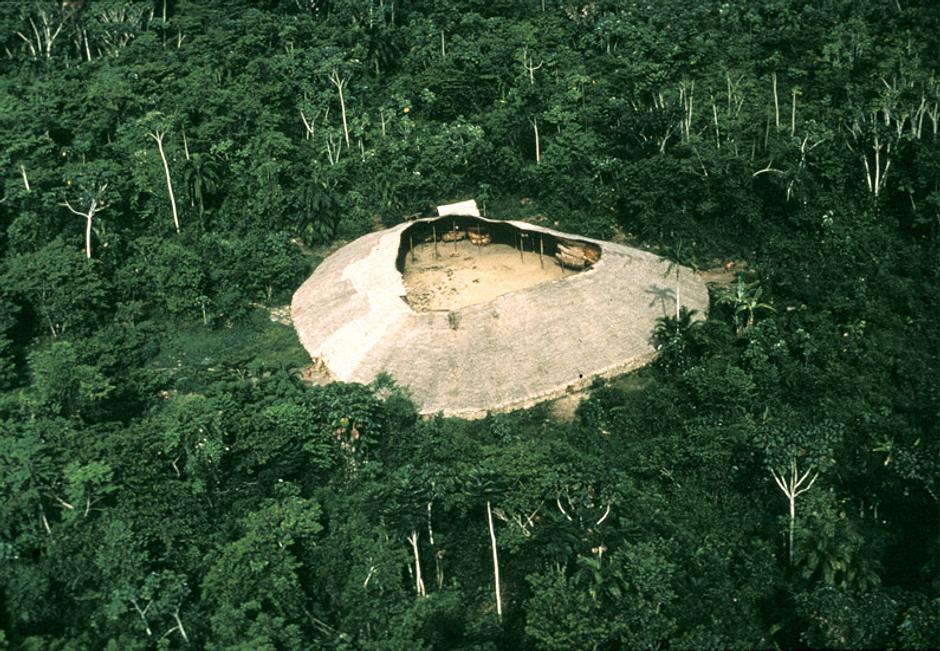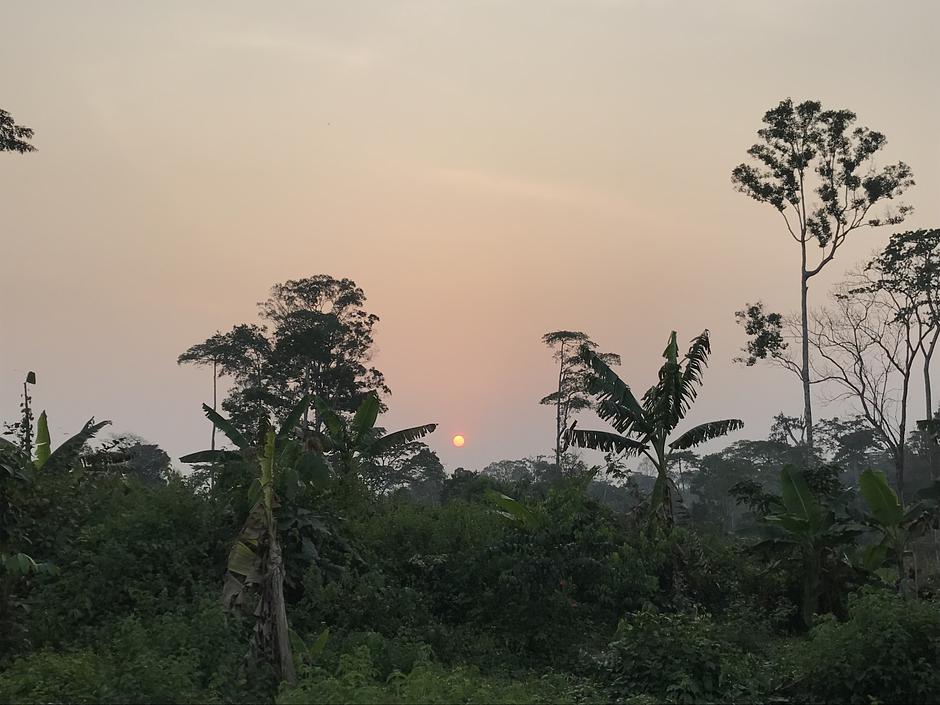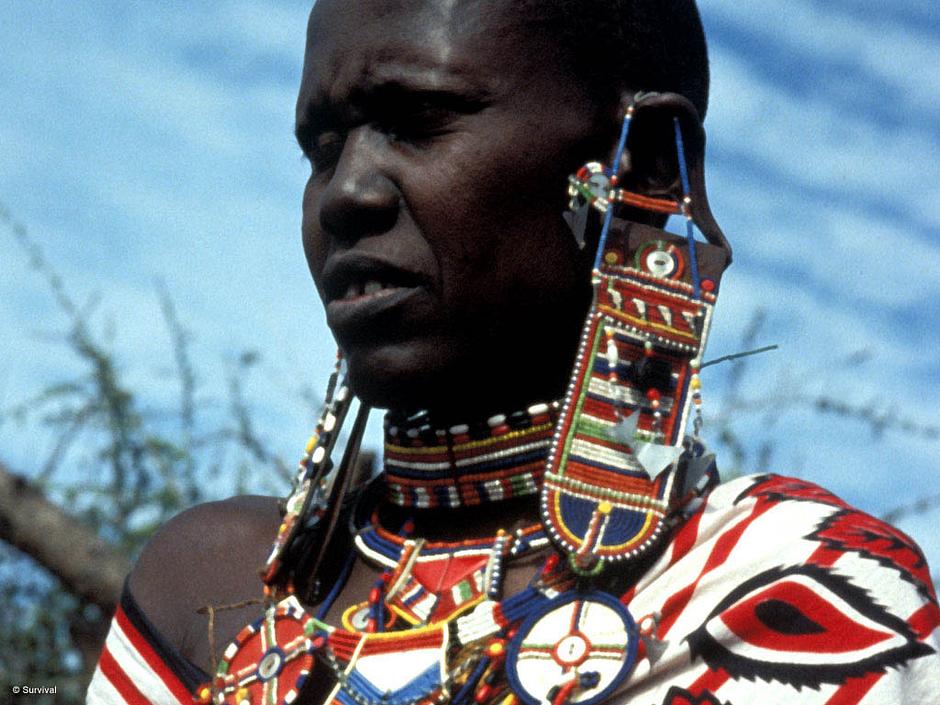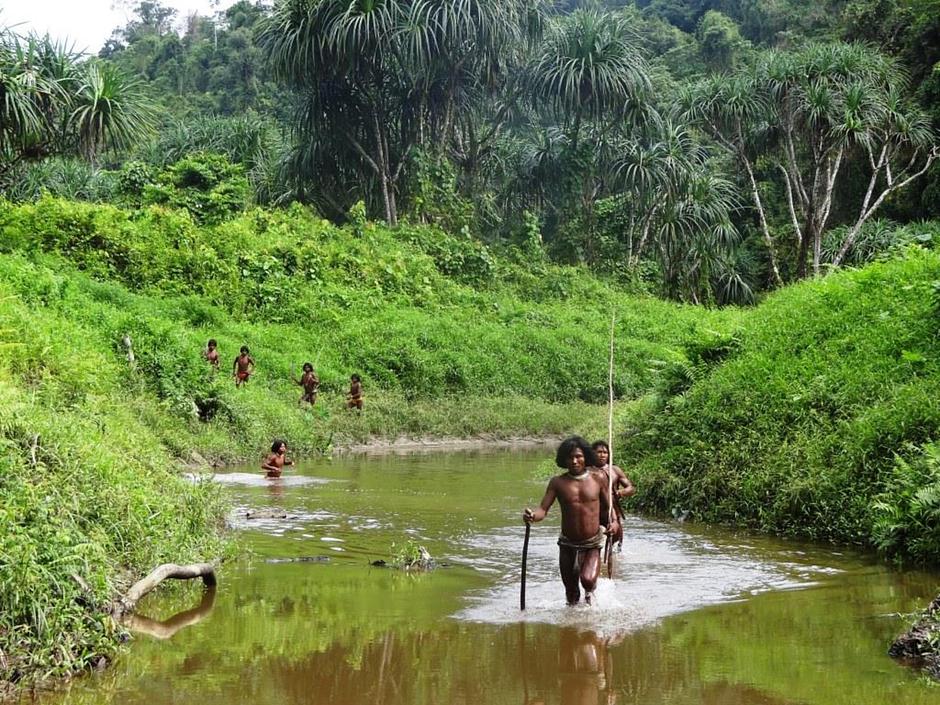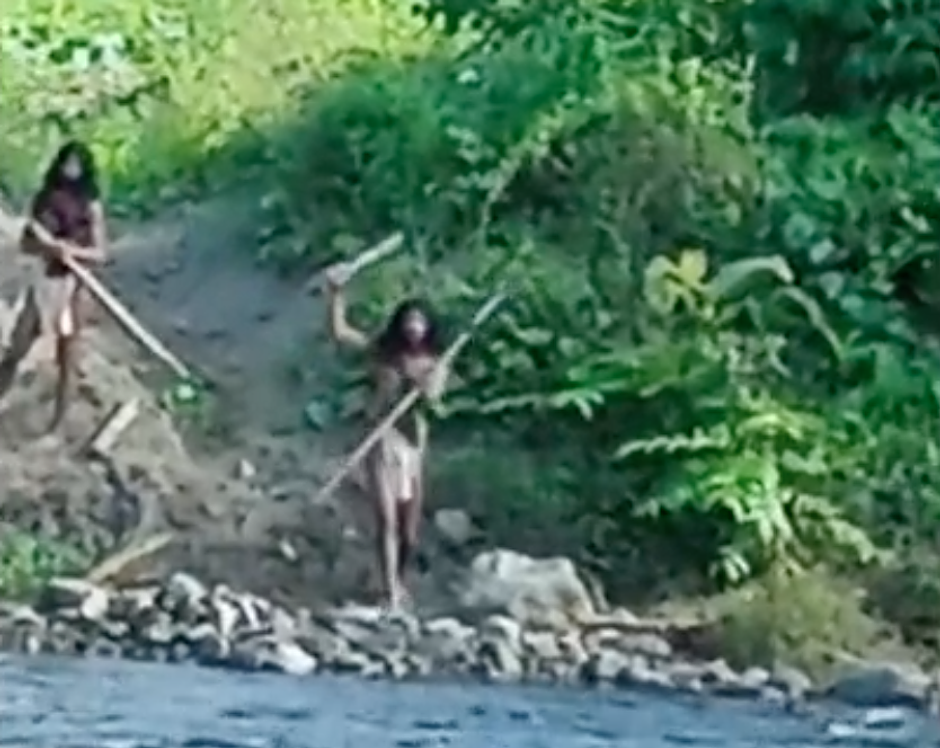Before contact: on the run
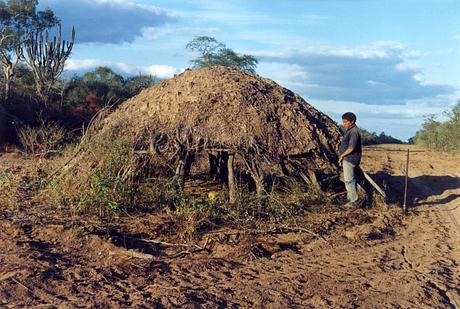
An unknown number of Ayoreo Indians live isolated in the Paraguayan Chaco, the vast scrub forest that extends south of the Amazon basin. Parojnai [pronounced Pow-hai] Picanerai, his wife Ibore and their five children had been on the run for many years. The area of forest they called home had been getting smaller and less safe. Landowners were buying up their forest and sending in bulldozers to clear the land, in defiance of national and international law.
The constant incursions of outsiders meant Parojnai and his family constantly had to move camp. Each sudden move meant the loss of the crops they had planted, and often their precious possessions such as cooking pots and tools.
Parojnai: ‘We heard the noise of the bulldozer. We had to run away immediately, but luckily we were able to take all our things.
‘We spent the night up in the forest, but we had to get up before dawn because we were afraid, and as we were getting up we heard the noise of the bulldozer again.
‘It started to come closer to us. My wife had to leave the fruit of the najnuñane (carob tree) which she had already picked. We had to leave some other things as well to run faster because of the bulldozer.
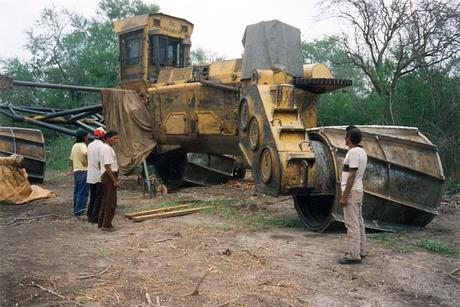 © Survival International
© Survival International
‘We ran from one place to another. It looked like the bulldozer was following us. I had to leave my tools, my bow, my rope to run faster. At last, the bulldozer left in another direction. When I realised that the bulldozer had gone in another direction, I found a trunk with a beehive in it, and I took the honey.
‘We thought that the bulldozer could see us. We had planted many crops in the garden [melon, beans, pumpkin and corn] because it was summer time. We thought that the bulldozer had seen our garden and came to eat the fruit – and to eat us too. The bulldozer opened a path up right beside our garden, that’s why we were so scared of it.
‘We have always seen airplanes, but we did not know that it was something useful of the cojñone [white people, literally strange people]. We also saw long clouds behind the plane which frightened us, because we thought that something might fall on us. When we saw these big planes with this white smoke behind, we thought they were stars.’
Parojnai died of tuberculosis in 2008.


